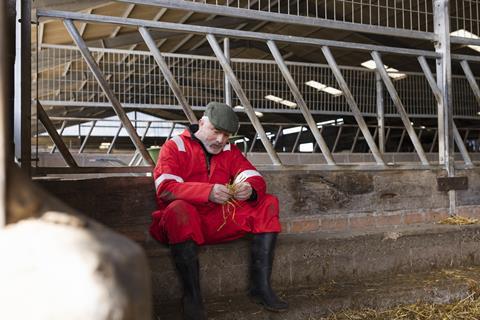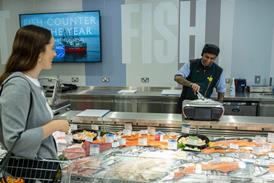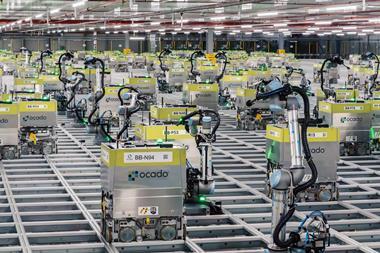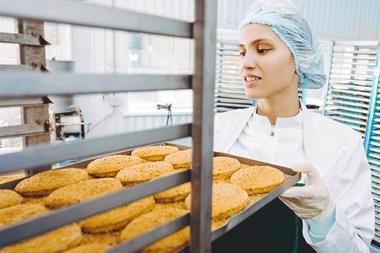
Are we revolting? Hot on the heels of mainland Europe, we may be about to enter a new period of food and farming protests in the UK. Will we see all-out revolution in response to the impending emergencies, or will the British stiff upper lip see the emergence of polite rebellion?
We shouldn’t underestimate the sense of crisis many in the country are facing, and the accompanying growing unease. Millions are worn down by the daily struggle to get food on the table, many farmers are barely making a living, the planet is heating up, and nature is rapidly disappearing.
Food was both the vehicle and the source of frustration for the environmental protestors who threw soup at the iconic Mona Lisa in Paris this week. They were calling for the right to healthy and sustainable food – a right I support, albeit I won’t myself be throwing any soup.
You can almost imagine the response from the wry smile in the famous painting itself: ‘Will my fame really help create change?’ Meanwhile, farmers have mounted tractor blockades in France and Belgium to protest against what they see as unfairly low farmgate prices, burdensome regulation and competition from imported goods often produced in countries with lower standards.
On Soupgate, I don’t think potential damage of a famous painting is the right platform to get important food issues in the spotlight. Direct action can get visibility for an issue, but it can be a fleeting moment in the limelight, and can be counterproductive if the stunt in question annoys and confuses the public rather than elicits empathy and buy-in for the issue. Why pit the value of art against the value of food?
The UK is more used to mild-mannered complaining. However, that might ramp up. We saw over 100,000 signatories to the Get Fair About Farming petition, plus the eerie sight of 49 scarecrows planted near the Houses of Parliament, representing the 49% of fruit and vegetable farmers in the UK who fear they’ll go out of business in the next year.
Frustration and desperation about UK food and farming has been simmering and could boil over. Food brands, particularly transnational companies, are a major target of some of that anger. This is often linked to corporate abuses of power and big businesses prioritising profit over collective wellbeing.
Many people feel they have little agency, are being exploited or taken for granted, and that their food options are being unduly influenced by the huge marketing budgets of food brands striving to flog them more and more stuff.
How about what this means for those working in the grocery sector? Will food workers – many themselves on relatively low wages and with poor access to good food – feel emboldened to challenge the hand that feeds them and take to the streets?
Grocery leaders should be prepared for growing discontent. Many people feel society has become too deeply unfair to accept. We’re living in a world where instability and disruption are the new norm, driven by factors including the climate and nature emergencies.
Growing urgency and desperation mean more protests feel inevitable. Retailers shouldn’t batten down the hatches and (figuratively) put on their bulletproof vests. Instead listen, engage and meaningfully respond to the source of discontent.



















No comments yet